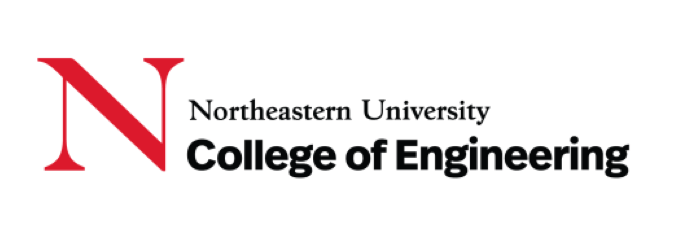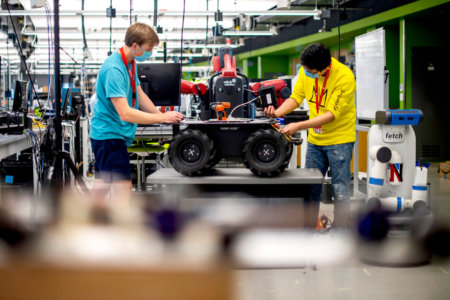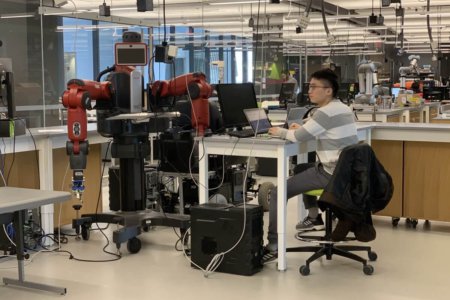There is no doubt that the world is in the midst of the Fourth Industrial Revolution, spurred by the explosive growth of the internet and technology innovations previously unimaginable.
According to the US Bureau of Labour Statistics, computer and information technology occupations are projected to grow 11 percent from 2019 to 2029, with software developers rising 22%. The growth is much faster than the average for all occupations with demand stemming from greater emphasis on cloud computing, the collection and storage of big data, and information security.
At the same time, Payscale reports that “The war for talent is especially strong for roles in digital technology as organisations everywhere, in every industry, are striving to transform their operations into digital services that provide a better customer experience, as well as analytics for the business to continuously improve and strategically grow. However, most organisations don’t have enough people with the skills — such as software engineering, user experience design or data science — to do everything they want to do.”
Whether you are looking to advance your career towards leadership, reskill to keep pace with fast-changing technologies, or specialise in a new or interesting field, Northeastern University’s College of Engineering has a variety of master’s degree programmes to set you on your path.
MS in Software Engineering Systems
For the more technically advanced student, the MS in Software Engineering Systems educates students to be intuitive problem solvers, experienced engineering architects, and result-focused leaders who will have a great impact at the exciting three-way intersection of computer science, engineering, and ethics. The programme covers data management, advanced data management, business intelligence, column databases, data science, and Big Data engineering. Advanced functional programming using the powerful Scala language, a course on advanced data science, as well as cloud computing is offered, as is a multi-thread concurrent computer. Students learn how to write machine-learning algorithms on top of statistical packages, and graduates become fluent in data science with the intention of building the actual system.

Source: Ruby Wallau, Northeastern University
Unique to Northeastern is the opportunity for graduate students to gain professional work experience as part of the academic curriculum with its top-ranked cooperative education (co-op) programme.
While on co-op at Iterate Labs, a company focused on digitising systems to increase worker productivity and safety, MS in Software Engineering Systems student Yiqiang Wang, and MS in Data Analytics Engineering student Jignesh Jadhav, developed a wearable device to help the company’s employees judge physical distancing given COVID-19. Wang worked on back-end development and software engineering while Jadhav worked as a data scientist. “Our device effectively alarms you that you are within six feet and you should stay away and get moving to be safe,” Jadhav says.
When someone’s been diagnosed with COVID-19, Iterate can then use artificial intelligence to help map whom that person has been in contact with. The system records people’s locations, and tracks encounters, Wang says, so when people are diagnosed with the virus, a third-party company can get the data from the servers to know whom the infected person came into contact with.
MS in Information Systems
For those who would like to develop an IT leadership pathway as a more evolved, dynamic software engineer but do not have advanced programming skills, the flagship MS in Information Systems degree may be the perfect choice.
Hanan Khalid Alsalamah, a recent graduate of the MS in Information Systems programme, was delighted to discover that the programme allowed students to work on and solve real-world issues. “In the data science course, we worked on a machine learning project determining whether or not Amazon reviews were positive or negative for a specific product. Learning the different algorithms for this project and throughout the programme helped prepare me for my job as a data scientist in the E-Government of Saudi Arabia,” Alsalamah shares.
She also like how updated the programme was. “The courses were so updated with emerging technologies,” says Alsalamah. “The courses are never the same that they were three years ago. They’re always updated and new, like the blockchain technology and the data sciences courses.”
MS in Cyber Physical Systems
With the global Internet of Things (IoT) market projected to grow 25.7% from 2019 to 2026, according to MarketWatch, Northeastern’s MS in Cyber Physical Systems with an IoT concentration prepares students for this growing field. Students learn to engineer and develop new interactive services; acquire, fuse, and process the data collected from sensors, actuators, controllers, and other devices; and develop architectures to interconnect these elements as part of larger, more diverse systems.
The multidisciplinary degree integrates the study of wireless networking, protocols, sensor networks, security, software development, embedded systems, data analytics, and big data to provide students with the knowledge and tools to develop IoT applications, to analyse and design IoT architectures for different application domains, and to develop data analytic tools to analyse the large amount of data generated by the massive deployment of IoT devices.

Source: Matthew Modoono, Northeastern University
MS in Electrical and Computer Engineering
The MS in Electrical and Computer Engineering offers eight concentrations, enabling students to focus in an area that aligns with their career ambitions, such as computer systems and software, as well as computer vision, machine learning, and algorithms.
Holding the prestigious distinction as an R1 research institution, students at Northeastern have a wealth of opportunities to work alongside highly accomplished faculty in funded research labs and centeres, such as the Institute for the Wireless IoT, the Institute for Experiential Robotics, and the Institute for Artificial Intelligence, to name just a few. Student James Meyers is pursuing a concentration in Power Systems with interest in the area of robotics and has been working with his faculty advisor on research in this area.
Wangbo Jia, originally from Beijing, China, graduated from Northeastern with a Master of Science degree in Electrical and Computer Engineering in 2019. He was on co-op at Philips Research America’s Innovation Labs in Cambridge, Massachusetts for over seven months as an algorithm engineer, working on the development of medical devices that detect the conditions of patients in hospitals. Jia’s main role was to test the algorithms and make sure they worked. “Usually I would learn new skills, like advanced C++ or MatLab tricks,” says Jia. “I saw how my knowledge could be applied to the industry I’m working in. My programming skills improved as well.”
Today, Jia is a software development engineer at Amazon in Seattle, Washington. You can advance your career too. Begin by earning an engineering graduate degree at Northeastern University — a top-ranked university located in the innovative cities of Boston, Massachusetts; Silicon Valley in California; and Seattle, Washington.
Follow Northeastern University on Facebook, Twitter, Instagram, YouTube, and LinkedIn













